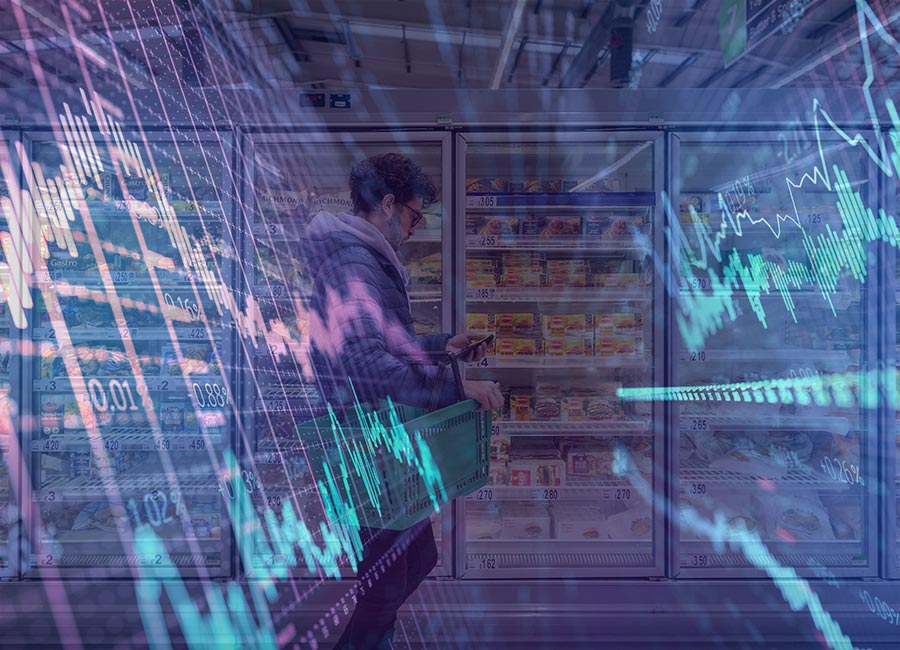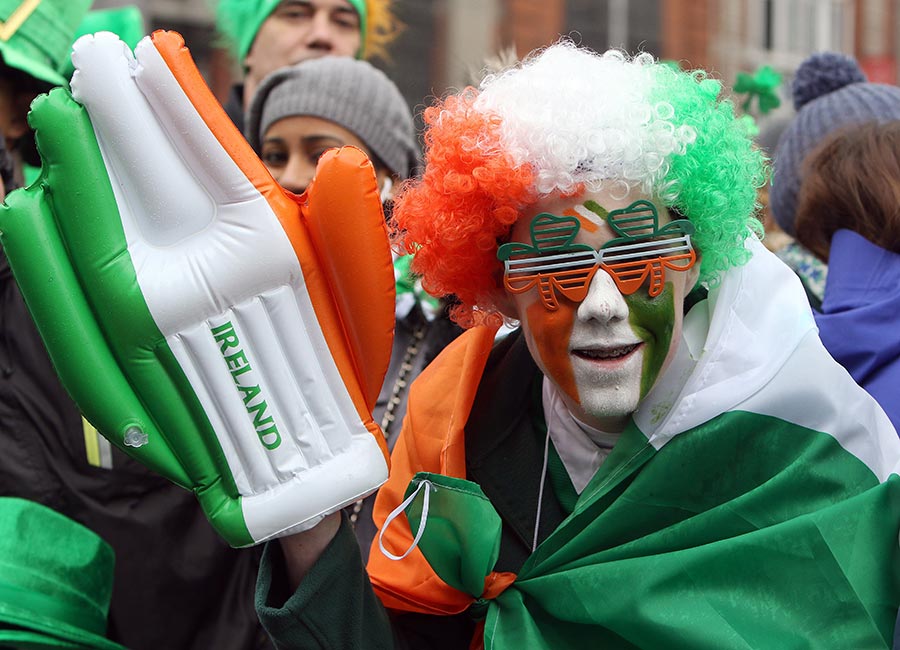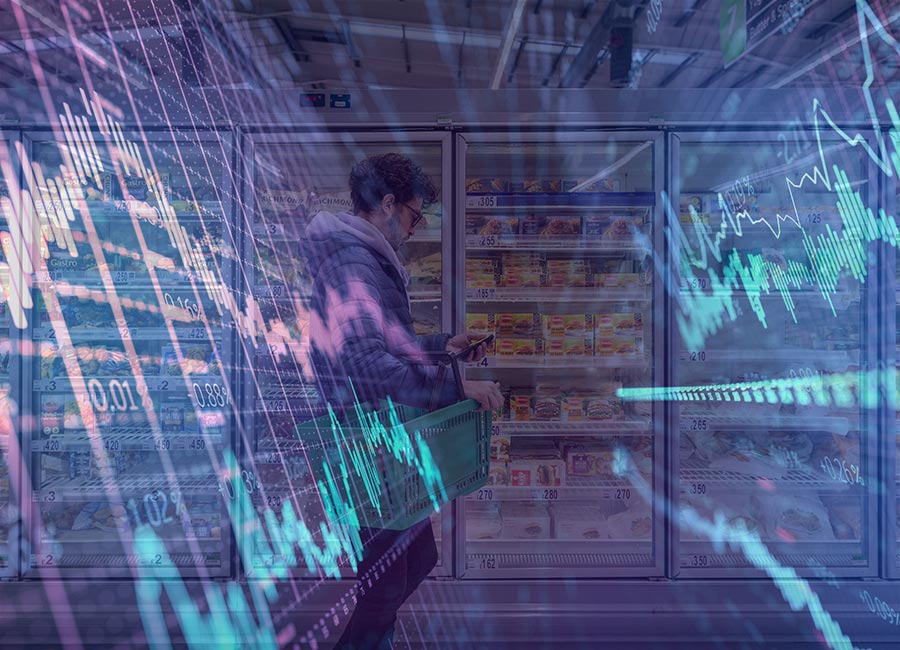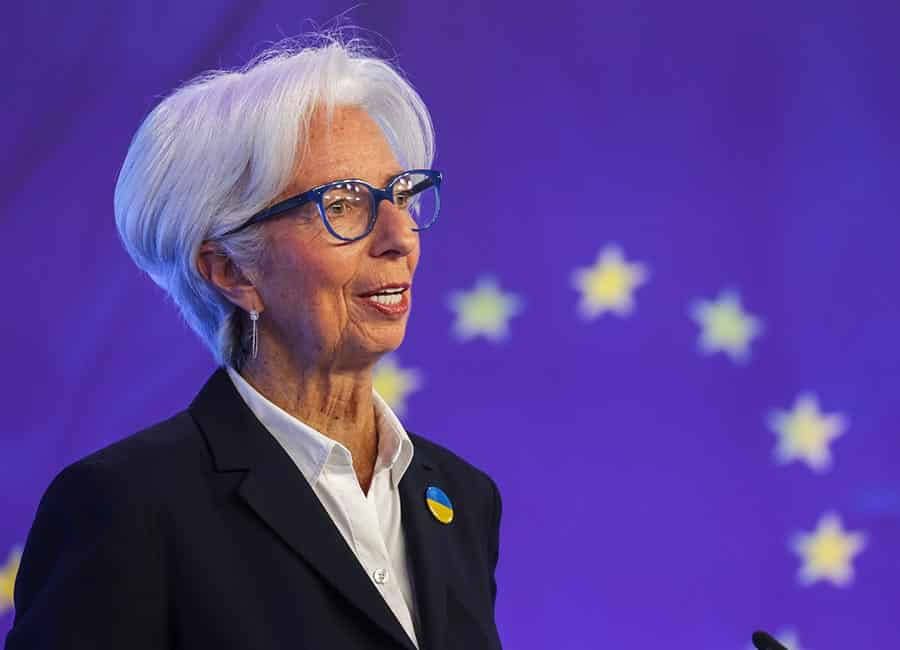The Central Statistics Office (CSO) has confirmed that the annual rate of inflation eased to 8.2% last month from 8.9% in November, making December the 15th straight month in which inflation has been at least 5%.
Despite a slowdown in the cost of energy, inflation was driven by annual increases in the price of housing, water, electricity, gas & other fuels (+25.9%).
For the year, electricity prices have risen 62.7% and gas prices have risen 86.5%. Inflation in the cost of liquid fuels (home heating oil) and solid fuels have increased 39.9% and 46.9%, respectively, in the past 12 months.
There were also significant year-on-year increases in the cost of food & non-alcoholic beverages (+11.7%), alcoholic beverages & tobacco (+10.7%) and restaurants & hotels (+8.1%), partially offset by education (-7.1%) and miscellaneous goods & services (-0.4%), the only divisions in which prices have declined.
Of the 8.2% headline figures, over half (4.25%) was made up of inflation in housing, electricity, gas & other fuels, with food & non-alcoholic beverages contributing 1.35%, restaurants & hotels 1.22% and alcoholic beverages & tobacco 0.61%, while education (-0.12%) and miscellaneous goods & services (0.04%) detracted from it.
Marian Ryan, consumer tax manager with Taxback.com, said planned increases in VAT charged on gas and electricity and in the hospitality sector will push up prices further in the coming months.
Ryan and urged the government to retain the 9% VAT rate on energy and hospitality, instead of restoring the 13.5% rate, with Minister for Tourism Catherine Martin also lobbying for the reduced rate of VAT to be extended.
"The cost of filling up the tank will also go up from 1 March as the current excise duty reductions on petrol and diesel are due to come to an end on 28 February," Ryan added.
"Drivers will be hit hard at the petrol pump as a result. The government still has time to extend these reductions – it should do so now in order to alleviate the concerns which many people may have about the price increases in the pipeline.”
“For their part, consumers should be more mindful of the VAT and excise duties charged on goods – and reduce their expenditure on heavily taxed items, such as cigarettes and alcohol. Alcohol and bottles of wine are heavily taxed. For example, just over half of the price of a bottle of wine goes on VAT and excise."
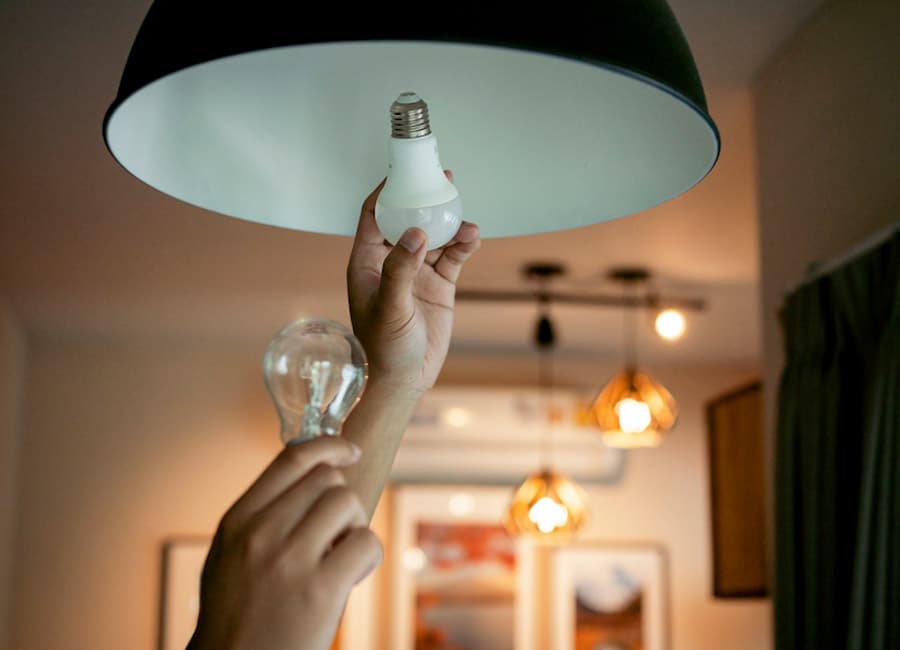
Consumer prices fell 0.2% month-on-month in December, with a decrease in the cost of transport (-2.6%) -- due to the falling price of petrol and diesel -- and alcoholic beverages & tobacco (-0.7%).
Furnishings, household equipment & routine household maintenance (+1.3%) and food & non-alcoholic beverages (+1%) showed an increase when compared with November 2022.
Sarah Pennells, consumer finance specialist at Royal London, said that 95% of the public is concerned to some degree about the rising cost of living, including 46% who are extremely concerned, and 91% who are worried about an oncoming downturn or recession.
“The most widely used coping mechanism to manage rising living costs was found to be to buy more budget-range groceries - with 56% of those surveyed saying they will do so this winter," Pennells said.
“While there’s no doubt that the current economic climate is affecting everyone, our research shows that it’s women in Ireland who appear to be feeling the strain most of all. Our survey showed that women are more likely to feel the emotional toll, with almost one in two women (48%) admitting to feeling anxious, compared to one in three (32%) men.
"Nearly twice as many women (39%) as men (21%) said they feel overwhelmed by the cost-of-living crisis and other news items at the moment. Women were also more likely than men to feel stressed (41% versus 29%) and helpless (31% versus 21%).”
Ray McKenna, parter at Lockton Ireland, said high inflation would force a quarter of workers (27%) to work longer hours or seek a promotion to increase their income.
"More than one in four (26%) said they would be willing to cut their gym subscription, or other types of subscriptions, to free up some money and ease the impact of the price squeeze," McKenna continued.
"We also found that although the vast majority of workers, regardless of income level, say the crisis will impact them to varying degrees, almost half of those earning between €20,000 and €60,000 believe the oncoming blow from the crisis will impact them severely.”
The annual average rate of inflation in 2022 was 7.8%, which compared to an increase of 2.4% in 2021 and a decrease of 0.3% in 2020. Annual inflation of 9.2% was the highest recorded last year, but short of the highest-ever rate recorded in June 1984 (9.7%).
(Pic: Getty Images)


